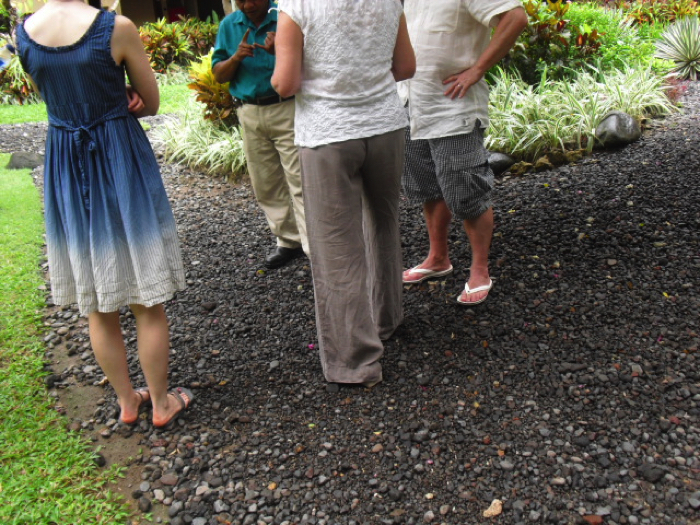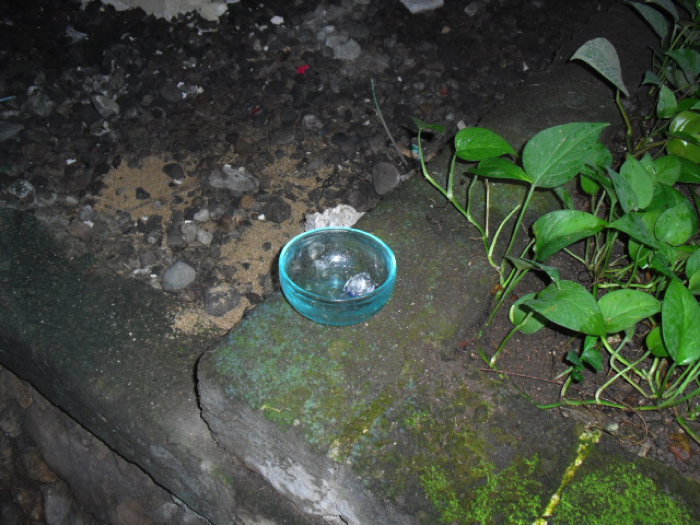- Project Leader : Yoshikawa Minako (Kyoto University, Center for Promotion of Interdisciplinary Education and Research)
- Collaborators : Rita Kusriastuti (WHO SEARO, Department of Communicable Diseases)
- : Nishibuchi Mitsuaki (Kyoto University, Center for Southeast Asian Studies)
- : Agus Suwandono (Ministry of Health, Indonesia, National Institute of Health Research and Development, Health Policy Analysis Unit)
Outline of Research
Mosquito-borne infectious diseases such as dengue virus infection and chikungunya fever have caused serious public health and socioeconomic burdens in tropical areas, including Southeast Asia. This research will focus on Indonesia where more than 30% of patients of imported dengue virus infection in Japan in 2010 visited, and aims to assist tourist areas in Bali to find a speedy method to disseminate information regarding infectious diseases outbreak and transmission.
Description
The purpose of this research is to propose a speedy and appropriate communication method to disseminate outbreak information of mosquito-borne infectious diseases, and contribute to improving preventive knowledge of both local people and visitors. In this era of globalization, viraemic travelers often contribute to the spread of infectious diseases. To prevent infectious diseases from transmitting across countries/areas, educating and providing information to travelers is essential. Based on field investigation, this research will recommend locally suitable and prompt ways to alert both local people and visitors as well as draw their attention to outbreaks of mosquito-borne infectious diseases.
Recently, several countries have reported local outbreaks originating from imported infections. Southeast Asia is one of the most popular destinations for the people in Japan where vector mosquitoes are present. This collaborative research effort can be meaningful if it could contribute to delaying the imminent local outbreak of these mosquito-borne infections in Japan and improving the public health environment in Indonesia. Tropical tourist areas are threatened by mosquito-borne infectious diseases, and a prolonged endemic situation could undermine international confidence. As a result, local societies and economies could suffer negative effects. By establishing a system to provide rapid and accurate information of mosquito-borne infectious diseases in Indonesia, this research hopes to support efforts to prevent further infections. A well-established system could be potentially applied for other infectious diseases.


